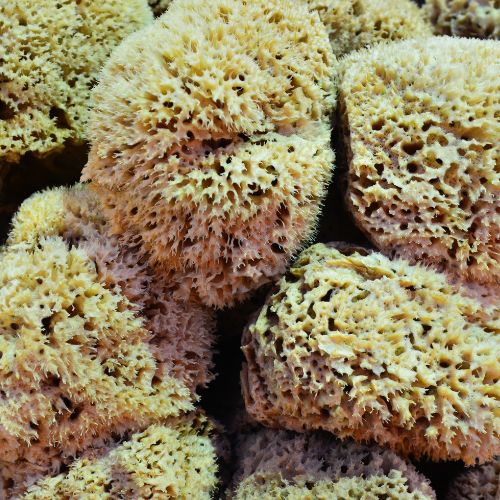Part of the problem revolves around the mechanism of action of the antibiotics themselves. Overuse of antibiotics, both in people and within the food chain, has enabled the evolution of novel bacterial strains which are immune to the established antibiotic mechanisms in the drugs that we use. Screening novel bacteria which might use different antibiotic mechanism is one way we might be able to treat previously unbeatable infections.
Salvation from the sea
One promising avenue of investigation lies underwater: Dr Eleanor Best, a veterinary surgeon, has completed an Elizabeth Blackwell Institute Clinical Primer scheme to investigate the novel antibiotic opportunities that deep sea microorganisms might afford, under the aegis of Professor Paul Race at the University of Bristol’s School of Biochemistry.
“The deep sea comprises the vast majority of the world’s microbiome,” said Dr Best. “But the majority of our antibiotic research has focused on the on land-based microbiome, so there’s huge potential for potential novel antibiotics from deep sea sources. Sea sponges harbour huge colonies of novel bacteria species which are competing for nutrients, and producing antibiotics to fend off the competition”.
Mystery sponges
“My work focussed on the discovery of these novel antimicrobials from deep-sea sponges,” explained Dr Best. “The Bristol Sponge Microbiome (BISECT) project holds a very large collection of deep-sea sponges from previously unsurveyed regions of the Atlantic Ocean. In collaboration with other researchers, bacteria from sea sponges were isolated, and we screened them for antimicrobial activity.”
Dr Best cultured a variety of different bacterial strains, which were analysed using Liquid Chromatography - Mass Spectrography techniques. Sequencing and data mining yielded bacteria with genes that might produce antimicrobial compounds. However, replicating marine conditions in a laboratory setting is difficult, and many genes encoding antibiotic resistance remain silent under standard lab conditions.
Two’s company
Overcoming this issue was a challenge in itself, as Dr Best explained: “I worked to activate these silent genes by co-culturing particular bacterial strains together,” she said. “I designed a high-throughput system for screening multiple bacteria strains in a co-culture with different species. Out of the multiple bacterial strains I tested, two resulted in the production of potentially new compounds which will be analysed for their antibacterial properties, and their mechanisms of action.”
Indeed, Dr Best’s work has fed into a paper she and her colleagues have completed, entitled “Discovery and biosynthetic assessment of Streptomyces ortus sp nov. isolated from a deep-sea sponge” which has recently been accepted for publication in Microbial Genomics.
A smooth transition
On a personal level, Dr Best also found the Clinical Primer Scheme useful in the transition from veterinary practice to a research setting:
“The Clinical Primer Scheme was a superb experience, and as well as laboratory experience it’s enabled me to travel to an international Genome Mining Conference in Copenhagen to present my ongoing research. I also presented a poster at an international conference in Edinburgh on natural product drug discovery, which won an award. As a veterinarian with very limited involvement in the research world prior to starting this scheme, this really boosted my confidence.”
“The Scheme taught me everything from the basics of working in a lab to how to think critically and overcome problems,” she explained. “Thanks to the scheme, I have taken up a position as a Biomedical Sciences PhD student at Cornell University, New York, working on drug delivery and biosensors.”
